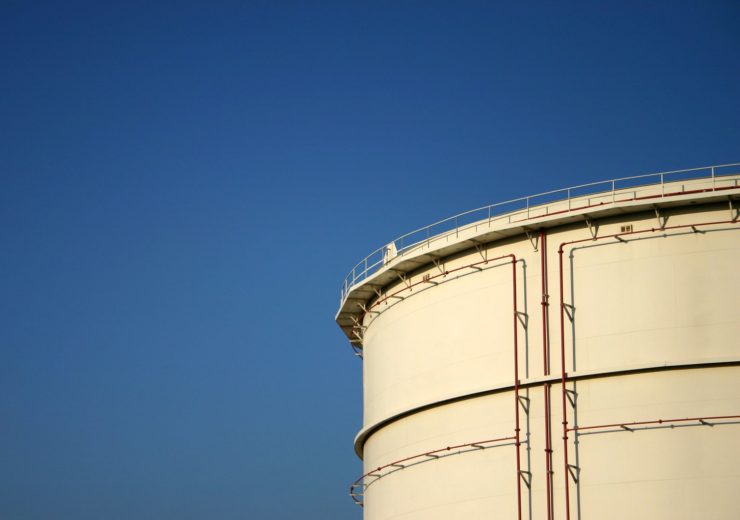Proposed to be built at the Port of Coos Bay, the Jordan Cove LNG Project will have a liquefaction capacity of up to 1.04 billion cubic feet of natural gas per day for export

Pembina’s Jordan Cove LNG Project secures FEIS from FERC staff. Photo: courtesy of Carlo San/Freeimages.com.
Pembina has secured a final environmental impact statement (FEIS) for its Jordan Cove Liquefied Natural Gas (LNG) Project (Jordan Cove LNG Project) and associated pipeline in Oregon from the staff of the US Federal Energy Regulatory Commission (FERC).
The FERC staff concluded that the proposed gas export terminal on the North Spit at the Port of Coos Bay and the related Pacific Connector Gas Pipeline will have temporary, long-term, and also permanent impacts on the environment.
However, the commission’s staff ruled that most of the impacts will not be significant or will be brought down considerably by implementing certain proposed mitigation measures.
Details of the Jordan Cove LNG Project
Planned to be built in Coos County, the Jordan Cove LNG Project will have a liquefaction capacity of up to 1.04 billion cubic feet of natural gas per day for export. The associated 369km long Pacific Connector Gas Pipeline will provide natural gas sourced from the Malin Hub in southern Oregon to the LNG export terminal.
The Jordan Cove LNG Project will feature five natural gas liquefaction trains, two full-containment LNG storage tanks, and associated infrastructure.
The FERC staff found that some of the impacts of the LNG export project will be adverse and significant. In particular, it was assessed that construction on the project will temporarily, but considerably affect housing in Coos Bay in addition to a permanent and significant impact on the area’s visual character.
The LNG project is also expected to significantly affect operations of the Southwest Oregon Regional Airport, found the FERC staff.
Apart from that, 18 federally-listed or proposed threatened and endangered species are likely to be adversely impacted by the construction and operation of the Jordan Cove LNG Project, as per the FEIS.
The FERC staff stated: “The final EIS recommends that the project-specific impact avoidance, minimization, and mitigation measures that are included in the final EIS as recommendations be attached as conditions to any Authorization and Certificate of Public Convenience and Necessity issued by the Commission for the Project.”
In May 2019, the Jordan Cove LNG Project was denied a Clean Water Act permit from The Oregon Department of Environmental Quality (DEQ). The basis of the refusal of the permit was that the LNG export terminal and its associated pipeline were not in compliance with the water quality standards set by Oregon.
